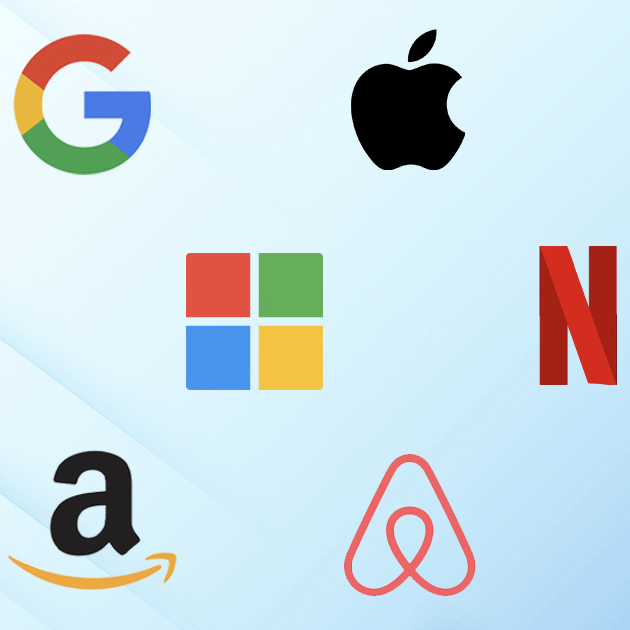I live in orange county, CA. I have about 30 years of tech experience where I was a software engineer for most of these 30 years. I also had couple of jobs as manager leading a team of software engineers. For last 5 years, I have been working as a senior software support engineer for a local company here in Orange County, CA.
So I would rather be software engineer than be in a support role where I just do mindless support of enterprise software. And its not very challenging either. So when I started working for this company, 5 years ago, I started to teach myself angular and typescript. Worked on a project and deployed it live on the website and learnt a lot. And really enjoyed programming.
But then 1 year ago, I started applying for actual jobs in angular programming and got zero response. Zero emails from the companies. Zero interviews from the companies. That was very scary. So a friend who works at Microsoft, advised to prepare and apply for SWE job at Microsoft. She mentioned that MS would not care about lack of my latest/greatest experience. If I pass the coding interview, I have a good chance event to get an entry level SWE job which is better than what I am doing these days.
Another reason I would like to work at MS, is that all my 30 years I have worked for midsize companies. I would like to work at MS because I will be surrounded by really smart engineers and people.
I am lucky to have a job, Pay the bills and have health insurance for me and my family. A year ago I started the interview prep, leet code, algoexpert etc. But then for some reason for last 4 months, its really hard for me to study. May be its my age. May be I get very tired after all day of work, and just watch mindless TV and eat sugary snacks and waste my time and health away.
When I used to work on my angular skill sets I was really energized. I had small tasks already in my queue. I could easily get in the flow when programming.
But My highest priority right now is to get a job at Microsoft as a SWE so that I have job part taken care of. Then after that I could work on side projects so that is why I am focused on interview prep but that is not dopaminergic for me. If I work on interview Prep and work on a side project, that could be distracting and not very focused effort (I think)
I feel depressed about my career. Some of my friends are directors, VPs, CIOs for medium to large companies. Here I am still angling for mediocre DEV jobs.
Any how, here at Taro, I would like to meet, interact with engineers, and really find my passion back.
I would really like to join a mastermind here at Taro, where I could hangout with engineers where we could have a conference all once or twice a month, motivate each other, etc.
Thanks for reading..





